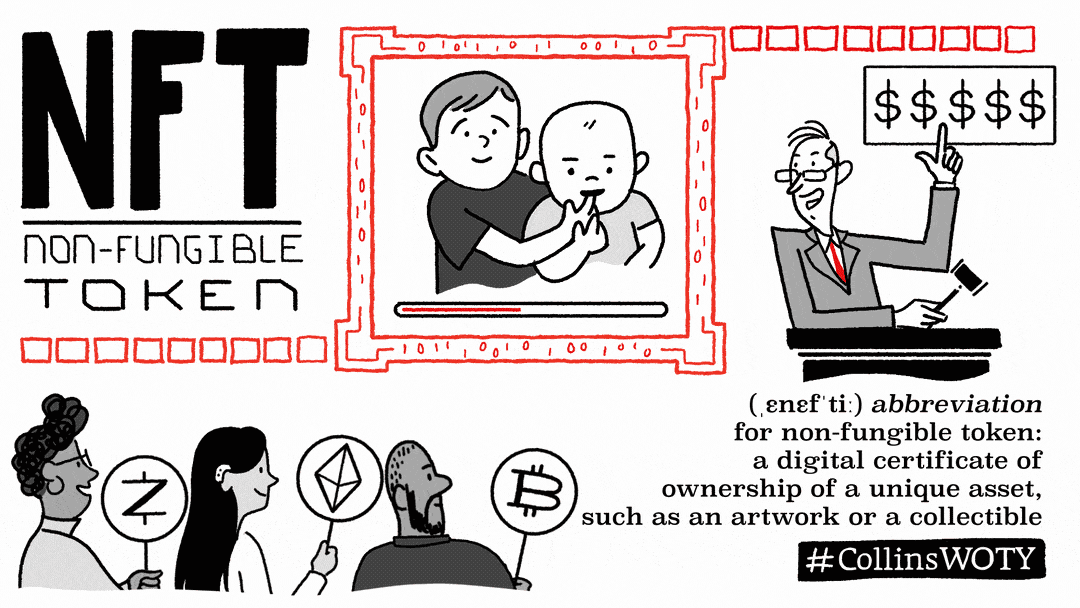Different dictionaries have been revealing their "words of the year” for 2021. The COVID pandemic has had a major influence on the words we use and look up. Vax, double-vaxxed, vaccine and pingdemic all show up, as well as perseverance, which we’ve all had to show.
Oxford Dictionaries announced vax was their word of the year, having increased 72 times in usage in 2021. They said, “No word better captures the atmosphere of the last year.” Of course it is often used in combination in words such as anti-vax or vax sites. In the U.S., Merriam Webster similarly went with vaccine, saying the numbers of lookups on its sites had increased 601%. The lexicographers also pointed out that they had had to update their definition of the word to include the news mRNA vaccines such as Pfizer and Moderna. Britain’s Collins Dictionary went for double-vaxxed (having had 2 doses of a vaccine), which will soon be replaced by triple-vaxxed and possibly quadruple-vaxxed! Collins also included other pandemic-linked words in its short list. Hybrid working, meaning mixing working from home and days in the office, and pingdemic, when many employees are home self-isolating, having being “pinged” by a test-and-trace app because they were in contact with someone who tested positive.
Cambridge Dictionaries seemed to buck the trend with perseverance, but they felt it was what people all over the world had shown in 2021. The word made Merriam Webster’s list too. There were a huge number of lookups in March, when NASA successfully landed its rover on Mars. The rover had been named Perseverance in a competition by a 7th grader, Alexander Mather.
Technology and Social Issues
While the other dictionaries mainly select words that already existed but which have been used a lot, Collins focusses mainly on new words, which often means it includes terms for technology. Its top Word of the Year was actually an abbreviation: NFT. It stands for non-fungible token, which the dictionary defines as: “a unique digital certificate, registered in a blockchain, that is used to record ownership of an asset such as an artwork or a collectible.” If you understand that, then you probably have some crypto (one of their other choices), meaning bitcoin-type crypto currency.

Collins also picked neopronouns, which links nicely to Merriam Webster’s cisgender. The fact that people feel a need for the contrasting description cisgender (“of, relating to, or being a person whose gender identity corresponds with the sex the person had or was identified as having at birth.”) obviously means that transgender issues are being more widely discussed. And this has led to neopronouns. Using words like “xe”, “ze” or “ve” can refer to someone without using their name or referring to the gender, either because you don’t know the gender the person identifies with, or to avoid sexist default of using a male pronoun as the “neutral”. English has for many years in fact repurposed a pronoun for similar reasons, commonly using “they” to avoid having to use “he or she”.
Copyright(s) :
#CollinsWOTY





